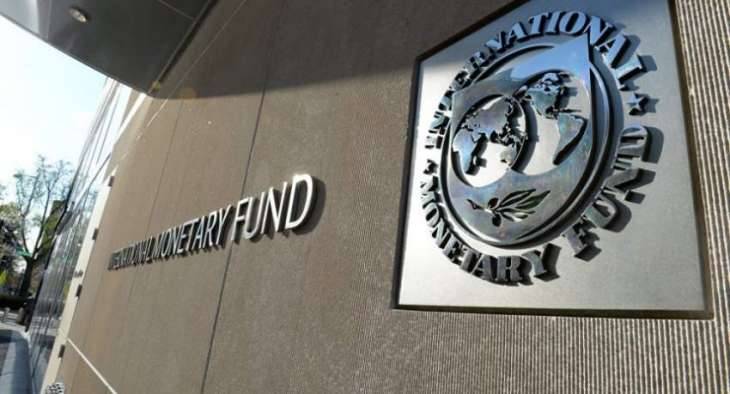ISLAMABAD - The International Monetary Fund (IMF) on Wednesday approved $6 billion loan programme for Pakistan.
The Executive Board of the IMF approved a 39-month extended arrangement under the Extended Fund Facility (EFF) for Pakistan for an amount of SDR 4,268 million (about $6 billion or 210 percent of quota) to support the authorities’ economic reform programme.
The EFF-supported programme will help Pakistan reduce economic vulnerabilities and generate sustainable and balanced growth focusing on a decisive fiscal consolidation to reduce public debt and build resilience while expanding social spending; a flexible, market-determined exchange rate to restore competitiveness and rebuild official reserves; to eliminate quasi-fiscal losses in the energy sector; and to strengthen institutions and enhance transparency.
The Executive Board’s approval allows for an immediate disbursement of SDR716 million (or about $1 billion). The remaining amount will be phased over the duration of the programme, subject to four quarterly reviews and four semi-annual reviews.
Adviser to Prime Minister on Finance Dr Abdul Hafeez Shaikh tweeted that IMF Board approved a $6 billion Extended Fund Facility (EFF) for Pakistan to support our economic reform programme. Our programme supports broad-based growth by reducing imbalances in the economy. Social spending has been strengthened to completely protect vulnerable segments. A structural reform agenda which includes improving public finances and reducing public debt through revenue reforms is key part of the program. This support bodes well for the country & is a testament to government resolve for ensuring financial discipline and sound economic management, he added.
The IMF programme would also pave way for getting loans from World Bank (WB) and Asian Development Bank (ADB). Pakistan is optimistic to receive $2-3 billion from WB and ADB in ongoing fiscal year after IMF’s approval of loan programme.
Pakistan and IMF had started talks for the loan programme in November last year, which ended inconclusively after Islamabad refused to accept conditions like depreciating currency, increasing taxes and electricity tariff. However, the talks were continued through video-link in which Islamabad had started accepting IMF’s conditions. Later, an IMF mission led by Ernesto Ramirez Rigo visited Pakistan from April 29 to May 11, to discuss IMF support for the authorities' economic reform programme. Pakistan and IMF had reached on staff level agreement on May 12.
The IMF had set tough conditions for Pakistan, which were supposed to complete before its executive board meeting. Pakistan had met all of the conditions. The government had not intervened in market to control the value of currency as it did in the past. The Economic Coordination Committee (ECC) of the Cabinet had approved in principle up to 191 per cent increase in gas price. The government has also given approval to increase the electricity price by Rs1.5 per unit. However, there would be no increase for the domestic consumers using up to 300 units per month. Pakistan in staff level agreement with IMF had agreed to increase the prices of gas and electricity to reduce the soaring circular debt and losses. As per plan, the government would increase the power tariff by Rs2.60 per unit in two stages, enhancing g the tariff to Rs15.58 per unit from existing rates of Rs12.98 per unit. Sources said that government would further increase the power prices in next few months.
The SBP had already hiked the key interest rate by 150 basis points to a 91-month (nearly eight-year) high at 12.25 per cent in anticipation of acceleration of inflation under the IMF loan programme. The government had agreed to increase the key interest rate by two percentage points under the 39-month IMF loan programme worth $6 billion. Accordingly, the latest rate hike was a must to get IMF board’s final approval for the loan.






